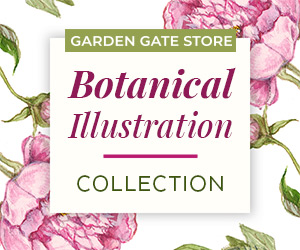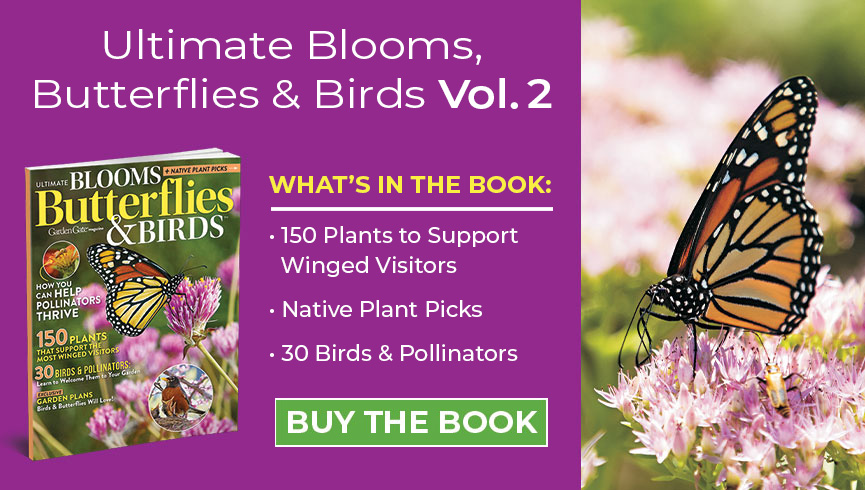Plant Food: A Buyer’s Guide
If you’re looking for plant food– read this short buying guide to find out everything you need to make an informed decision.Things To Consider When Buying Plant Food
Nutrient content
When choosing a plant food, it is crucial to consider the amount of nitrogen (N), phosphorus (P), and potassium (K) present in the product. Nitrogen helps plants to grow foliage, phosphorus aids with root development and flowering, and potassium helps with fruit and seed production. The ratio of these elements (e.g. N-P-K) is the most critical factor when considering nutrient content in plant food. While different ratios may suit different types of plants, an all-purpose ratio is suitable for a mixed garden. If a specific nutrient concentration is desired, consider buying a blended fertilizer.Quality of ingredients
The quality of ingredients is another important factor when buying plant food. Make sure that the ingredients used have not been contaminated by pesticides and herbicides and are organically sourced where possible. Ensure that any organic ingredients have been certified as ‘organic’ or ‘certified organic’ so that you know that you are getting a higher-quality product.Availability of trace elements
Trace elements, also known as micronutrients, help plants to absorb other minerals more efficiently and increase their resistance to pests and diseases. Trace elements are often included in fertilizers, but their availability can vary from brand to brand so try to choose plant food that includes them all or select one specifically designed for trace element replenishment.Formulation type
Plant food comes in all types of formulations such as organic, synthetic, liquid, and granular – so consider which type is best suited for your needs before making a purchase. Organic formulations are derived from natural sources such as animal manure, compost and green manures, whereas synthetic formulas are made from chemical compounds such as ammonium nitrate or urea. Liquid formulations tend to be more easily absorbed by plants than granular formulae but may take longer to act so need to be applied more frequently throughout the season.Plant species/soil type compatibility
Consider whether the soil type in your garden may influence the type of formula needed – sandy soils may require regular applications of plant food because they lack organic matter whereas clay soils often have good levels of nutrients already present due to their high levels of organic matter.pH level adjustment capabilities
The acidity or alkalinity of soil can affect plant growth, so check if the fertilizer you want to buy has the ability to adjust pH levels if necessary via its formulation type – usually, this ability is stronger in natural or organic fertilizers compared with synthetics which are unable to alter pH without additional additives.Complexity of application instructions
Check for instructions on how often and how much plant food needs to be applied before purchasing – this will help ensure that you don’t over-fertilize your plants or damage them from under-fertilizing as well as reducing wastage caused by incorrect doses or applications too close together/too far apart over time. It’s also useful to check if any special tools or equipment might be needed for the application.Shelf life
It’s necessary to look at the expiry date on any packaging before purchasing as expired products may not provide the same level of benefits for your garden or be safe for use anymore. Note however that some plant food can last long after their expiry date depending on storage conditions so always double-check even if it looks like it might not expire until long after the purchase date!Why Trust Us?
Why Trust Us?
At Garden Gate, we take pride in providing our readers with the most accurate and unbiased product reviews possible. Whether it’s a trowel or a shovel, a rake or spade, we want you to know exactly what you’re getting before making your purchase. When we review a product, we take into account a wide range of factors, including the product’s features, performance, and value. We also consider user reviews, expert opinions, and any other relevant information that can help us make an informed assessment of the product. This way, you can make smart choices when it comes to caring for your lawn, garden, or outdoor space!
















